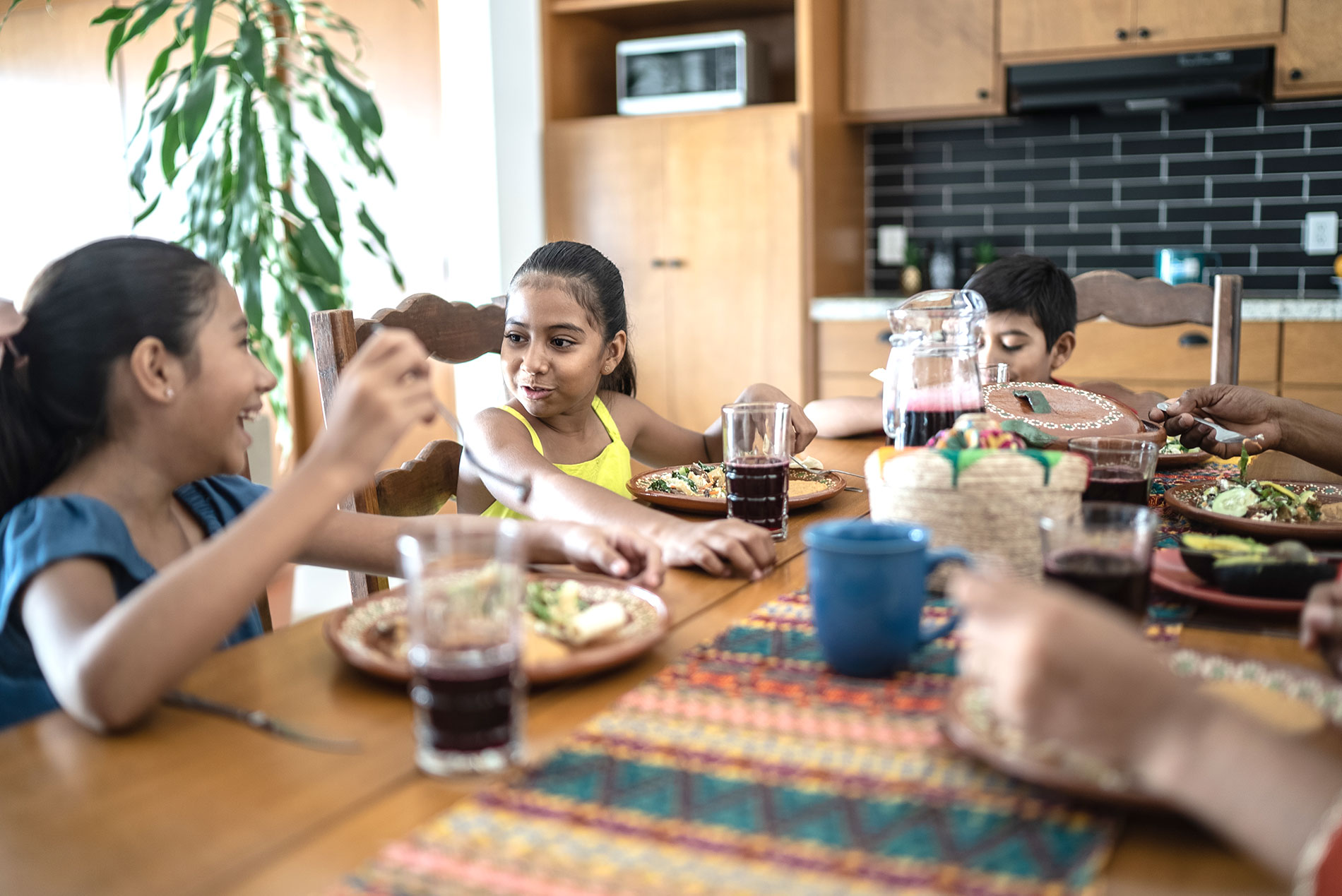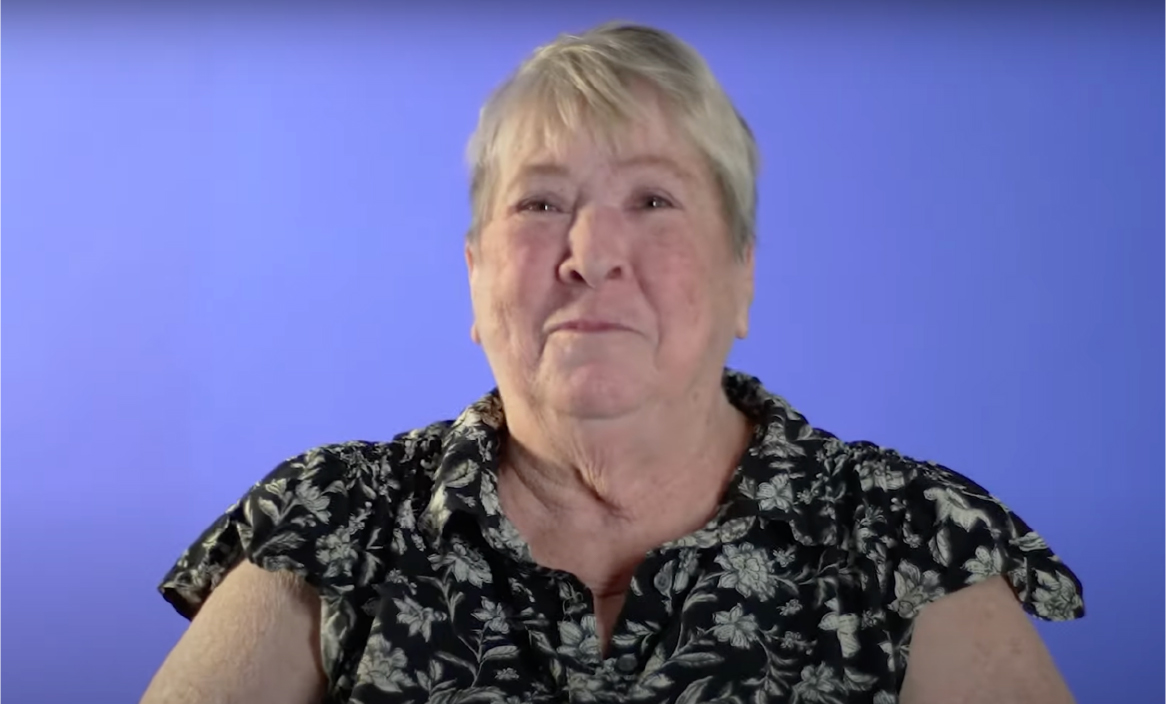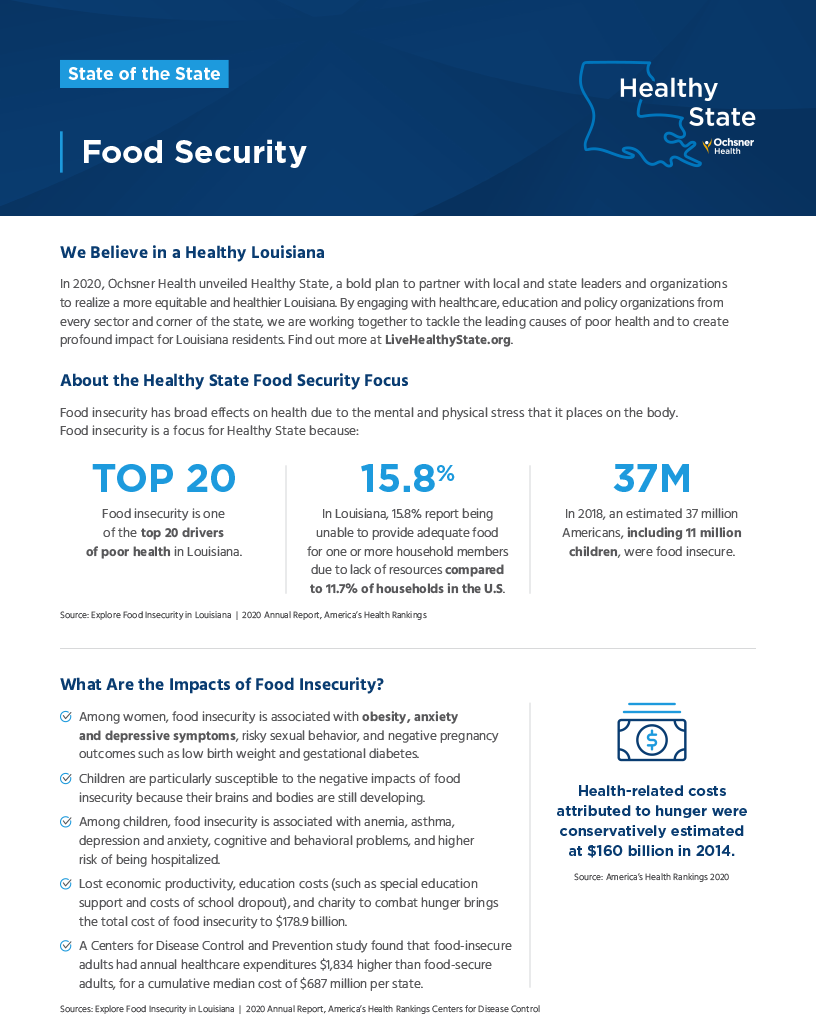
Food Security
Nearly 1 in 4 children and 1 in 6 people face hunger every day in Louisiana. (Feeding America)

Reduce food insecurity rates by connecting people to benefit programs and food support systems, providing education on healthy foods, strengthening existing initiatives, and establishing new partnerships.
 72,000
72,000
more food-secure households
Food Insecurity is the inability to provide adequate food for one or more household members due to lack of resources. Food insecurity has broad effects on health due to the mental and physical stress it places on the body and is associated with anemia, asthma, depression and anxiety, cognitive and behavioral problems and higher healthcare-related costs. (AHR).
Food Security
Percentage of households unable to provide adequate food for one or more household members due to lack of resources.

WIN! Louisiana is up one place from 48th in 2020 (AHR)
What we should know & do to drive change:
At the start of 2022, the Healthy State added Food Security to our list of priority issues. The reason is simple – too many of our residents are hungry and lack consistent and reliable access to food, especially healthy and nutritious foods that support a well-balanced diet and healthy life. And we know that the most vulnerable among us suffer more – our children, seniors, and people with a low income.

After the June 2023 Healthy State Advisory Board’s meeting on Wellness,
Obesity and
Food Security, Task Force on Hunger was formed as a subgroup of Baton Rouge’s Healthy BR.
(BRLA.gov)
35 colleges & universities received the hunger-free designation to
alleviate the
burdens of students who experience food insecurity. (LA Board of
Regents)
LA Act 305 expanded free and reduced meals for children. (LA.gov)
Data Source: CBPP
What works:
SNAP: The Supplemental Nutrition Assistance Program (SNAP) provides financial support each month for the purchase of food. Research studies have shown that enrollment in SNAP reduces food insecurity and improves the overall health and well-being of participants.
WIC: The Special Supplemental Nutrition Program for Women, Infants and Children (WIC) provides food and nutritional support for children and pregnant and postpartum women.
School Lunch and Breakfast Programs: The National School Lunch Program (NSLP) and School Breakfast Program (SBP) provide free or low-cost meals to students at school. One study has shown that free or reduced lunches can reduce food insecurity by almost 4%. (FRAC)
Food Banks: Local food banks provide free food to those in need.
Most impacted populations (Feeding Louisiana)
Children
- Louisiana is ranks 2nd for child poverty with over 234,00 food insecure children. (Feeding America).
- Schools are the source of the healthiest food children eat during the day (JAMA).
- Free or reduced-price school lunches reduces food insecurity by at least 3.8% (FRAC).
- Children participating in free meals at school are less like to have nutritional deficiencies (FRAC).
- Children who experience hunger have lower math and reading scores, and more behavioral, emotional, and mental health issues (FRAC).
Seniors
- Louisiana ranks 1st in the nation for senior hunger. (Feeding America).
- Studies have shown that unmet transportation needs in rural older adults reduced access to food, services, and medical care. Congregate meal sites are necessary infrastructure to the well-being of seniors, especially in rural areas. (Journal of Hunger & Environmental Nutrition).
College Students
- College students in Louisiana are more likely to be hungry than the U.S. rate (LBP).
- Almost 30% of college students experience food insecurity (Students Against Hunger).
- There are significant racial and ethnic disparities – 70% Black compared to 54% of White students (Health Affairs).
- Colleges with a coordinated plan, including food pantries, SNAP enrollment, meal-swipe sharing, and outreach activities, will see a decrease in the food insecurity rate among students (Health Affairs).
- Research has shown that food insecurity for students has detrimental effects on academic performance (Health Affairs).
- Students who are food insecure are more likely to experience stress and depression (Health Affairs).
- Freshmen are especially vulnerable to food insecurity (Health Affairs).
- Key contributing factors include: financial insecurity, housing insecurity, work or family obligation, and student loan debt (Health Affairs).
- Many two- and four-year institutions have a website where students can access SNAP enrollment assistance, but there are many strict regulations such as working 20 hours per week many college students do not meet (Health Affairs)
Women
- Female heads of household have food insecurity rates that are nearly double male heads of household. (USDA)
Communities of color
- Black and Hispanic households have food insecurity rates that are nearly double white or non-hispanic households. (USDA)
Food Security in my community
An estimated over 680,000 people in Louisiana live with food insecurity, and over 230,000 are children. This amounts to roughly 1 in 6 people in our state struggling to provide a healthy meal for themselves or their household. That means more people struggle with food insecurity in Louisiana than the total populations of Shreveport, Baton Rouge, and New Orleans combined. (Feeding Louisiana)
Solutions
Optimize operations: Explore partnerships with the Louisiana Department of Children and Family Services and the Louisiana Department of Health to increase participation in food-related public benefits such as Supplemental Nutrition Assistance Program (SNAP) and Women, Infants and Children (WIC) program
Assess programs and determine how to scale:
- Reduce barriers to enrollment for existing public benefits with a focus on high-risk populations: Children, elderly and college-age students
- Automate enrollment with easier electronic sign up to all programs
- Innovative food access models: Home delivery, partnership opportunities
- Health insurance food plan and nutrition benefits
Affect policy: Support the Louisiana Anti-Hunger Coalition, Board of Regents and Louisiana Department of Children and Family Services on legislative priorities
Promote change:
- Promote and endorse existing SNAP/WIC programs
- Educate 65+ population on ESAP
- Educate women on WIC
- Promote and endorse existing programs funded by USDA and administered by the Louisiana Department of Education Division of Nutrition Support to expand dinner, summer and weekend meal support for students
- Endorse Louisiana Board of Regents Hunger-Free Campus plan
Priority Area Partners
Join us in building a healthier Louisiana for all.
Regardless of background, everyone is invited to join in shaping a healthier future for Louisiana. Together, through collective action and collaboration, we can make this vision a reality. Whether through volunteering, advocacy, or support, every contribution counts in building a healthier Louisiana for all.
Submission Complete!




